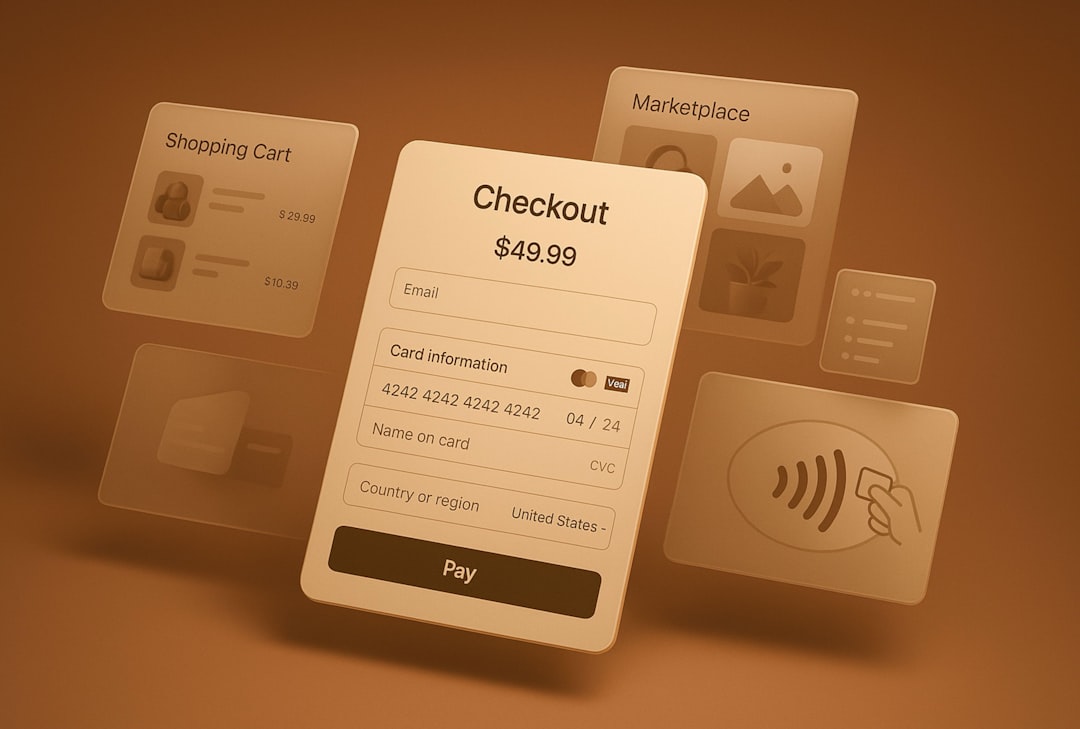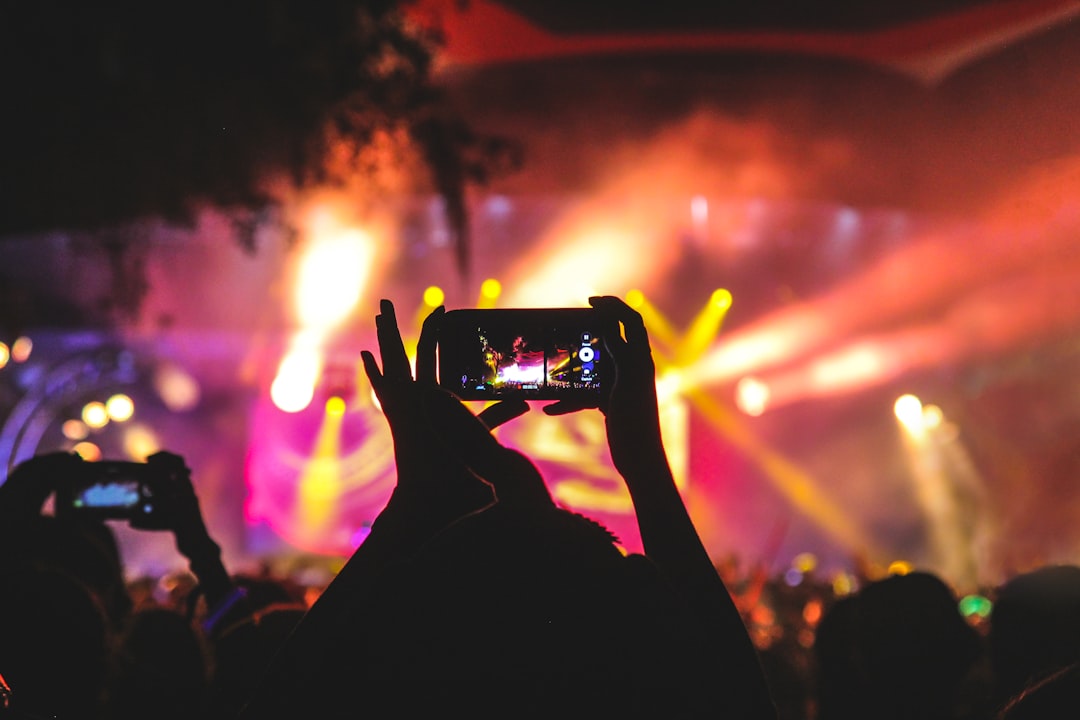Social Media and its Influence on Political Activism
Social media has revolutionized the way we communicate, connecting people from all corners of the world, facilitating the spread of information, and enabling individuals to express their thoughts and opinions with ease. In recent years, the power of social media has transcended into the realm of political activism, shaping the way we perceive and participate in political discourse. From the Arab Spring to the Black Lives Matter movement, social media has been instrumental in mobilizing and organizing political action, fostering a new era of citizen engagement.
The inherent nature of social media platforms, such as Facebook, Twitter, and Instagram, provides a unique space for political activism to flourish. These platforms allow for the instantaneous sharing of thoughts, ideas, and calls to action, ensuring that information spreads rapidly and reaches a vast audience. This ease of dissemination has made social media invaluable to political activists, who can now bypass traditional media channels and directly connect with their target audience.
One significant influence of social media on political activism is its ability to increase awareness and mobilize support for various causes. Historically marginalized groups, whose voices may have been silenced or ignored in traditional media outlets, have found solace and strength in the online community. Social media enables individuals to speak directly about their lived experiences, raising awareness about social injustices and rights violations that may otherwise be concealed.
For example, during the Arab Spring in 2011, social media played a pivotal role in organizing protests against oppressive governments. Through platforms like Facebook and Twitter, citizens shared accounts of government brutality and encouraged others to join in the fight for democracy. The speed and accessibility of social media allowed for widespread participation and global visibility of these uprisings, making it difficult for governments to suppress the movement.
Similarly, the Black Lives Matter movement has utilized social media as a tool for raising awareness about racial inequality and police violence against Black Americans. The hashtag #BlackLivesMatter gained traction on Twitter, becoming a symbol of solidarity and defiance. Activists leveraged social media platforms to share stories, document instances of injustice, and mobilize mass protests. The movement’s ability to galvanize widespread support and spark conversations about systemic racism can be partly attributed to its effective use of social media.
Moreover, social media empowers individuals to become active participants rather than passive consumers of political content. Previously, political discourse was primarily controlled by political elites and traditional media outlets. Social media has democratized the political landscape, allowing individuals to contribute to discussions, share their opinions, and hold politicians accountable.
The 2016 United States Presidential Election witnessed a surge in citizen participation on social media platforms. Platforms like Facebook and Twitter were flooded with political opinions, fact-checking articles, and real-time updates of campaign rallies and debates. The interactive nature of social media enables citizens to engage in conversations, debate policy issues, and express their support or dissent. This level of engagement fosters a more informed electorate and encourages political activism beyond voting, with individuals utilizing online platforms to demand change and advocate for issues they care about.
However, it is important to acknowledge the potential risks and challenges associated with social media’s influence on political activism. The rapid spread of information can lead to the amplification of misinformation, fake news, and echo chambers where like-minded individuals reinforce their beliefs without critical analysis. Such occurrences can undermine the credibility of political movements and hinder productive dialogue.
Additionally, social media can sometimes be manipulated by governments or powerful entities to suppress dissent and manipulate public opinion. Instances of trolls, bots, and misinformation campaigns have been observed in several high-profile political events, casting doubt on the authenticity and reliability of information shared on social media platforms.
In conclusion, social media has emerged as a powerful tool for political activism, facilitating the mobilization of individuals, raising awareness about social issues, and fostering citizen engagement. Its ability to connect people across borders and beyond traditional media channels has created a new era of political discourse and activism. However, it is crucial to exercise caution and critical thinking when navigating the complex landscape of social media, ensuring that the power of these platforms is harnessed for positive change and democratic participation.












